Pasteur Pipette
- Made of non-toxic LDPE (Low-Density Polyethylene).
- Has good transparency, flexibility, and drug resistance, and elastic.
- Allows precise dispensing of liquids, especially in small volumes.
- Lightweight and easy to handle, making them suitable for routine laboratory tasks such as sample transfer, mixing, and dispensing.
Please Contact for Price
- Satisfaction Guaranteed
- Superior Quality
- Custom Solutions
- Comprehensive Support
- Secure Payment Options
Description
Pasteur Pipette
A Pasteur pipette, named after the famous French scientist Louis Pasteur, is a type of glass or plastic tube used in laboratories for transferring small volumes of liquids. It has a long, slender shape with a tapered tip at one end. Pasteur pipettes offer several advantages and find numerous applications in laboratory settings due to their versatility and ease of use.
Features of Pasteur Pipette
- Material: Pasteur pipettes are made of non-toxic LDPE(Low-Density Polyethylene). This material has good transparency, flexibility, and drug resistance, and elastic for adaptable use in almost all containers, and will not cause leakage.
- Shape: They are long and slender, with a tapered or narrowed tip at one end. This allows for precise dispensing of liquids, especially in small volumes.
- Graduations: Some Pasteur pipettes have volume markings along the length of the tube, allowing users to estimate the volume of liquid being transferred.
- Flexibility: The disposable Transfer Pipette is small and convenient to use, which is economical and can reduce raw materials’ pollution. They are relatively flexible, which makes them suitable for drawing up liquids from narrow containers or for transferring liquids between vessels with tight spaces.
- Disposable: Disposable pipettes eliminate the need for cleaning and sterilization, reducing the risk of cross-contamination.
Advantages:
- Precision: Pasteur pipettes allow for precise measurement and transfer of small volumes of liquids, typically ranging from microliters to milliliters, facilitating accurate experimental procedures.
- Ease of Handling: Pasteur pipettes are lightweight and easy to handle, making them suitable for routine laboratory tasks such as sample transfer, mixing, and dispensing.
- Cost-Effective: Compared to other laboratory pipettes, Pasteur pipettes are relatively inexpensive, especially when purchased in bulk, making them cost-effective for routine laboratory use.
- Sterility: EO or gamma radiation sterilization is available. Disposable plastic Pasteur pipettes can be pre-sterilized and individually packaged, ensuring sterility and minimizing the risk of contamination in sensitive applications such as cell culture and microbiology.
Uses of Pasteur Pipette
- Transferring Liquids: The primary use of Pasteur pipettes is for transferring small volumes of liquids, typically ranging from microliters to milliliters. This includes transferring reagents, samples, or solutions between containers.
- Mixing and Dispensing: Pasteur pipettes can be used for mixing small volumes of liquids by repeatedly drawing them into and expelling them from the pipette. They are also useful for dispensing precise volumes of liquids drop by drop.
- Cell Culture: In cell culture applications, Pasteur pipettes are often used for transferring cell suspensions, media, or other solutions within a sterile environment.
- Microbiology: In microbiology, Pasteur pipettes can be used for inoculating cultures, transferring bacterial or fungal samples, and performing dilutions.
- Chemistry and Biochemistry: They find applications in various chemistry and biochemistry experiments where precise volume measurements and transfers are required, such as in titrations, sample preparation, and assay development.
Overall, Pasteur pipettes are versatile tools commonly found in laboratories due to their ease of use, affordability, and suitability for handling small volumes of liquids in a controlled manner.
Classification
Pasteur pipette sizes by volume: 1mL, 2mL, 3mL, 5mL, 10mL.

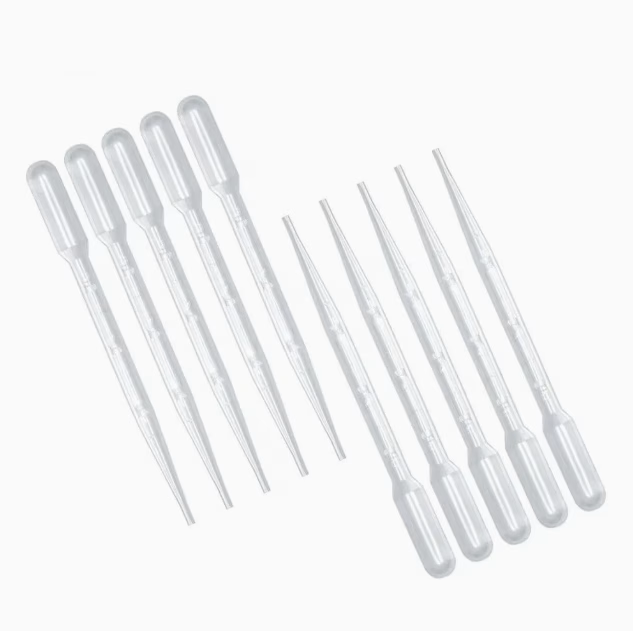
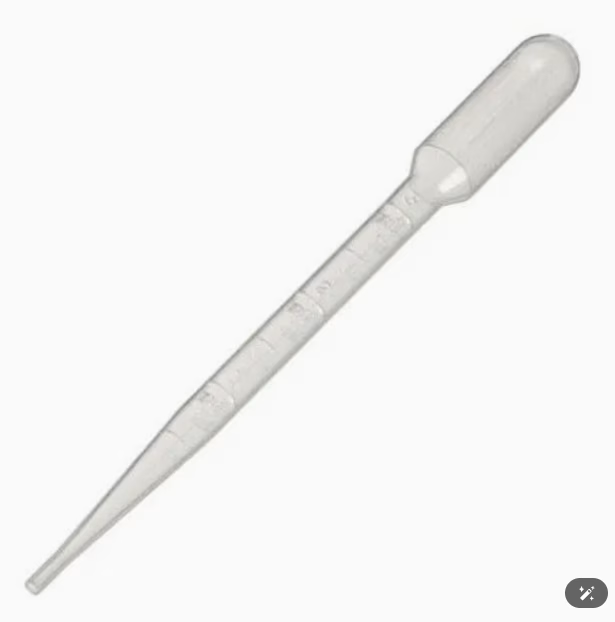
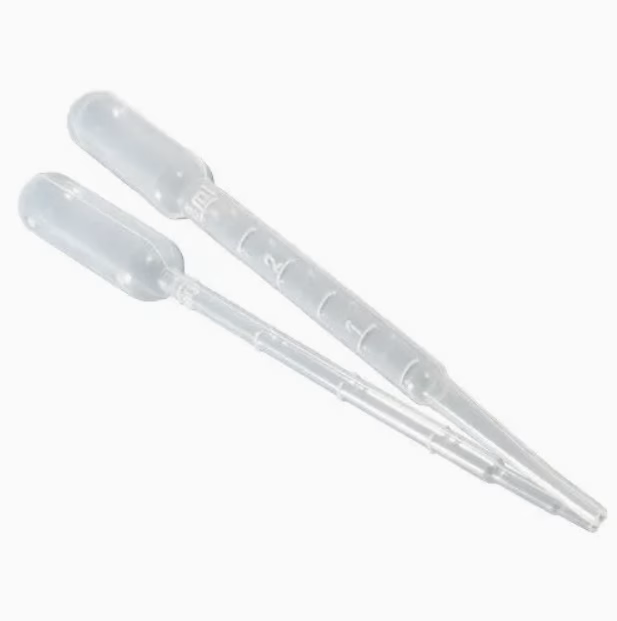
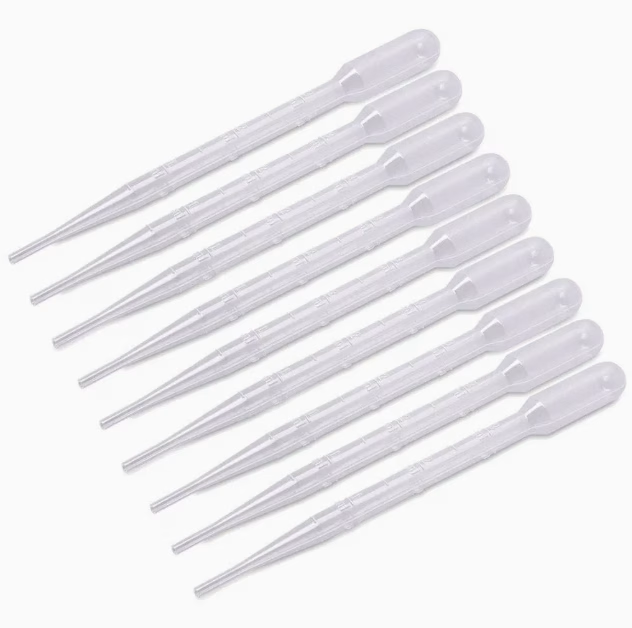
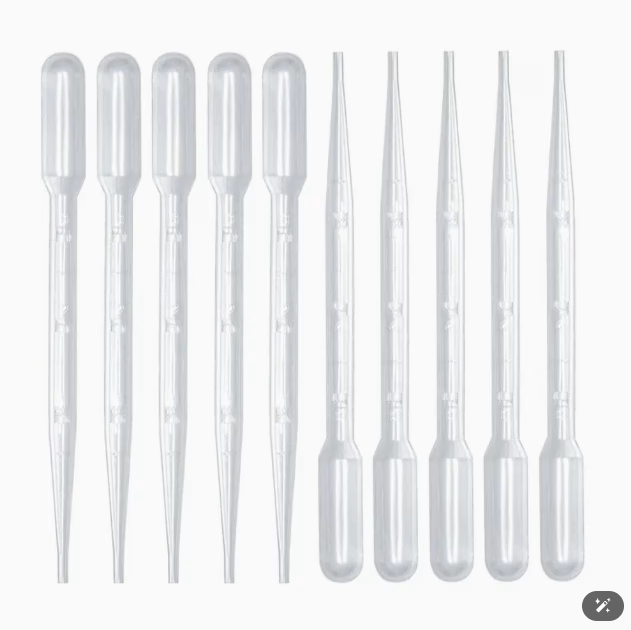




Reviews
There are no reviews yet.